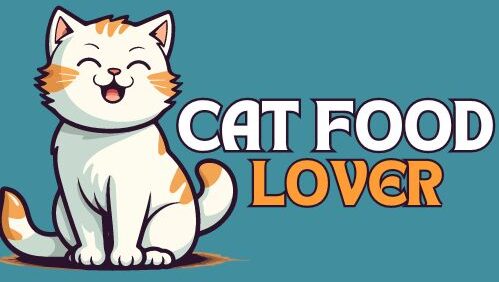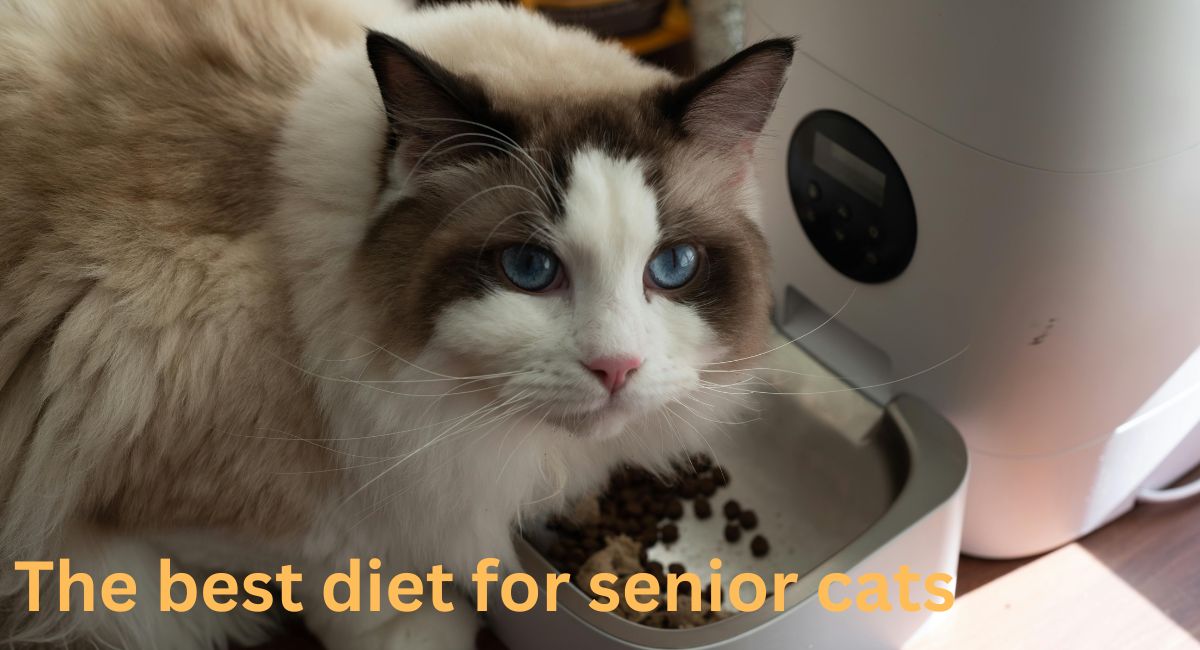The best diet for senior cats? As our beloved feline friends age, their dietary needs change. Just like humans, cats require different nutrients and care as they enter their senior years. It’s crucial for cat owners to understand how to properly nourish their senior cats to ensure they lead long, healthy, and fulfilling lives. In this comprehensive guide, we’ll explore everything you need to know about senior cat nutrition, from understanding their dietary requirements to choosing the best food options available.
Key Takeaways:
- Senior cats have unique nutritional needs due to physiological changes associated with aging.
- Choose food options specifically formulated for senior cats and opt for high-quality ingredients.
- Consider your cat’s individual preferences and health concerns when selecting between dry and wet food options.
- Ensure your senior cat receives adequate protein, omega-3 fatty acids, and antioxidants to support their health.
- Monitor your cat’s weight and adjust their diet as needed to maintain a healthy weight and prevent obesity-related health issues.
Understanding the Needs of Your Senior Cat Diet
Before delving into the specifics of senior cat nutrition, it’s essential to grasp the unique requirements of aging felines. Senior cats, typically aged 7 years and older, experience physiological changes that necessitate adjustments in their diet. From decreased metabolism to potential health issues such as kidney disease or dental problems, older cats require a tailored approach to nutrition.
What changes occur as a cat ages?
As cats age, their bodies undergo various transformations that impact their nutritional needs. These changes include reduced muscle mass, decreased metabolism, changes in digestive efficiency, and potential dental issues. Understanding these shifts is crucial for providing optimal care for your senior cat.
How do these changes affect their dietary requirements?
The physiological changes in aging cats necessitate adjustments in their diet to accommodate their evolving needs. Senior cats may require lower-calorie diets to prevent obesity, increased protein intake to maintain muscle mass, and enhanced hydration to support kidney function. Additionally, dental issues may necessitate softer food options or dental health-focused diets.
Choosing the Right Food for Your Senior Cat
With an understanding of the unique needs of senior cats, the next step is selecting appropriate food options. There are a myriad of choices available, ranging from commercial senior cat foods to homemade diets. However, not all options are created equal, and it’s essential to make informed decisions to ensure your cat’s health and well-being.
What should you look for in senior cat food?
When choosing a diet for your senior cat, several factors should be considered. Look for formulas specifically formulated for senior cats, which typically address issues such as joint health, dental care, and kidney function. Additionally, opt for high-quality ingredients, including real meat as the primary protein source, and avoid artificial additives or fillers.
Is dry or wet food better for senior cats?
Both dry and wet food options can be suitable for senior cats, each offering its own advantages. Wet food provides increased hydration, which is beneficial for kidney health and may be preferable for cats with dental issues. On the other hand, dry food can help maintain dental health and may be more convenient for some owners. Ultimately, the best choice depends on your cat’s preferences and specific health needs.
Should you switch to a senior cat diet?
While senior cat diets are formulated to meet the unique needs of aging felines, not all cats require a specialized diet. Some older cats may thrive on regular adult cat food, especially if they have no underlying health issues. However, if your senior cat has specific health concerns, such as kidney disease or arthritis, transitioning to a senior cat diet may be beneficial.
Meeting the nutritional needs of senior cats
Ensuring your senior cat receives adequate nutrition is paramount to their health and longevity. Understanding the essential nutrients and dietary requirements for aging felines is key to formulating a balanced and nourishing diet.
What are the nutritional needs of senior cats?
Senior cats require a diet rich in essential nutrients to support their aging bodies. These nutrients include high-quality protein to maintain muscle mass, omega-3 fatty acids for joint health, and antioxidants to support immune function. Additionally, adequate hydration is crucial to prevent kidney disease and maintain overall well-being.
How can you ensure your senior cat maintains a healthy weight?
Maintaining a healthy weight is essential for senior cats to prevent obesity-related health issues such as diabetes and arthritis. To help your cat maintain a healthy weight, monitor their food intake, provide portion-controlled meals, and engage them in regular exercise. Additionally, consult with your veterinarian for personalized dietary recommendations based on your cat’s individual needs.
What are the best food options for senior cats with specific health concerns?
For senior cats with specific health concerns, such as kidney disease or dental issues, there are specialized food options available. These diets are formulated to address specific issues and may include ingredients tailored to support kidney function or promote dental health. Consult with your veterinarian to determine the best food option for your cat’s unique needs.
Best diet for senior cats with few teeth
It’s essential to provide soft and easily digestible food options that still meet their nutritional needs. Wet or canned cat food is typically the best choice, as it is softer and easier for cats with dental issues to chew and digest. Look for formulas specifically designed for senior cats, which often include smaller kibble sizes or pate textures. These diets are formulated to provide essential nutrients while being gentle on sensitive mouths. Additionally, consider adding water or broth to dry food to soften it further. Regular veterinary check-ups are crucial to monitor dental health and ensure your senior cat’s diet remains appropriate for their needs.
Best diet for senior cats with kidney disease
For senior cats with kidney disease, it’s crucial to provide a diet specifically tailored to support their renal health. Look for commercial cat foods labeled as “kidney-friendly” or “renal support,” as these are formulated with reduced levels of phosphorus and high-quality protein to ease the workload on the kidneys. Wet food is often preferred for its higher moisture content, which helps maintain hydration levels and supports kidney function. Consider consulting with your veterinarian to determine the best diet plan for your cat’s individual needs, as they may recommend prescription diets or supplements to manage kidney disease effectively. Regular monitoring and adjustments to the diet are essential to support your senior cat’s overall health and quality of life.
Conclusion:
As our feline companions enter their golden years, providing them with proper nutrition becomes increasingly important. By understanding the unique dietary requirements of senior cats and choosing the right food options, you can help ensure they enjoy a long, happy, and healthy life by your side. Remember to consult with your veterinarian for personalized dietary recommendations and to continue to monitor your cat’s health and well-being closely.
FAQs
What do vets recommend for senior cats?
Vets typically recommend diets formulated specifically for senior cats to address their unique nutritional needs and age-related health concerns.
What should I feed my elderly cat?
For elderly cats, it’s best to feed them a diet formulated for senior cats, which typically includes softer textures and nutrients tailored to their aging bodies.
Do senior cats need supplements?
Senior cats may benefit from supplements, but it’s essential to consult with a veterinarian before adding any to their diet.
How many times should you feed a senior cat?
You should feed a senior cat 2-3 times a day with portion-controlled meals to maintain their health and weight.
How can I get my older cat to gain weight?
To help your older cat gain weight, offer high-calorie, nutrient-dense food and consider feeding smaller, more frequent meals throughout the day.

